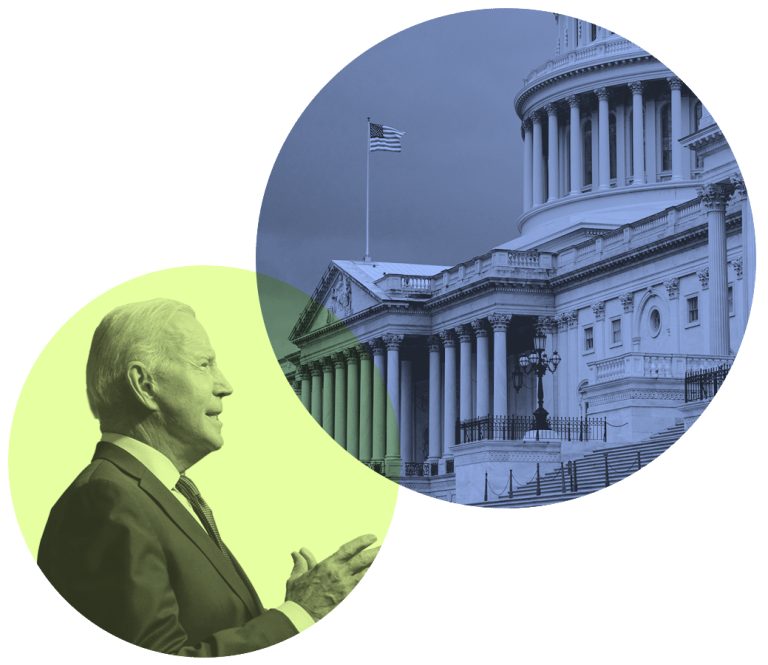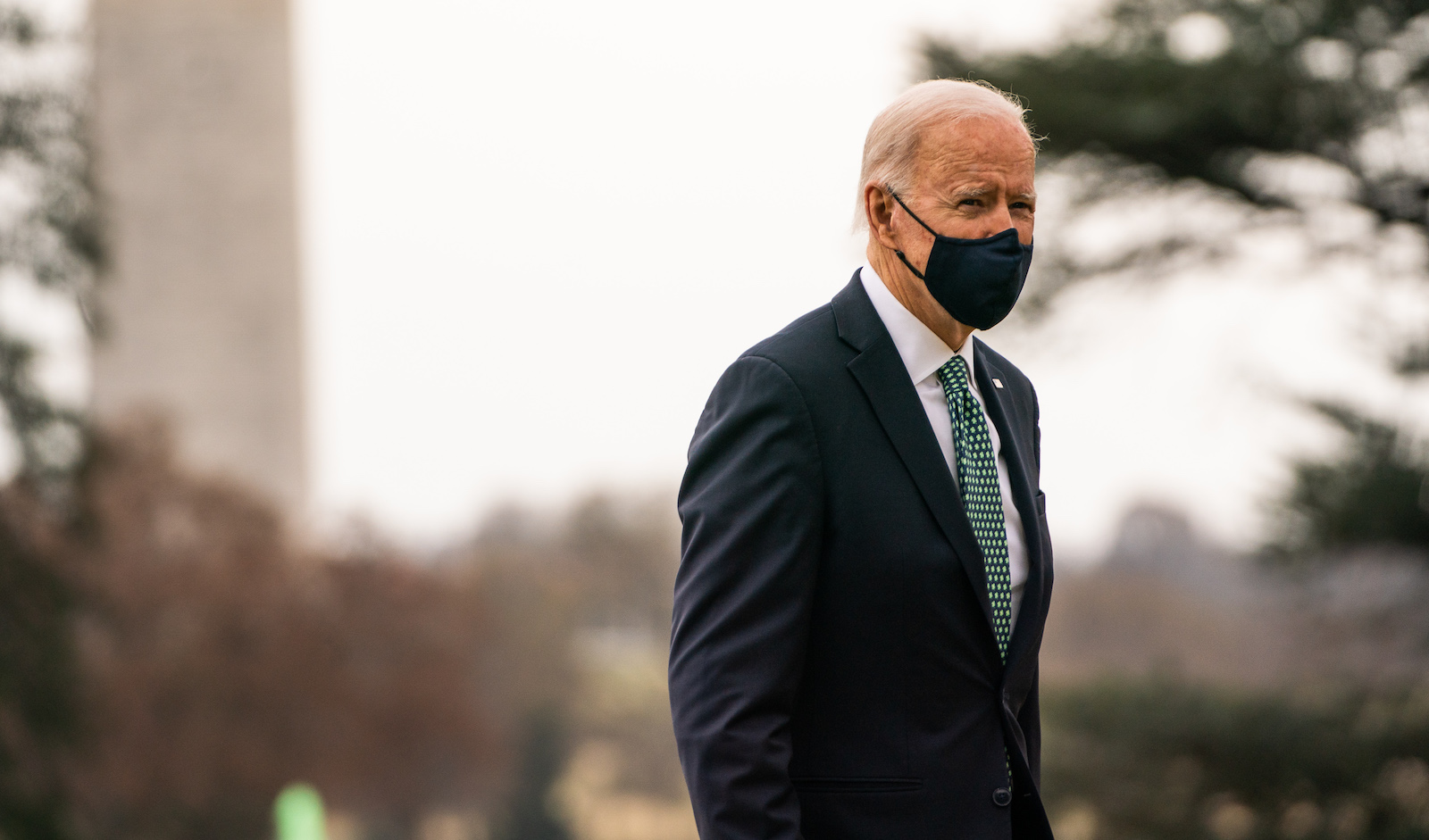The Biden administration will attempt to win back international trust in the United States as a partner in tackling global warming during a two-day climate summit this Thursday and Friday. Forty countries have been invited to the virtual event, which begins on Earth Day and is expected to feature presentations on each country’s climate goals.
After rejoining the Paris Agreement, the administration is under pressure to prove to the world that the U.S. is ready to take aggressive action on climate change and make up for lost time. The centerpiece of the event this week will be President Joe Biden’s announcement of a new “nationally determined contribution” or “NDC” — that’s Paris Agreement slang for a country’s official emissions reduction target.
Signatories to the Paris Agreement agreed to try to limit warming to 1.5 degrees Celsius (2.7 degrees Fahrenheit) above pre industrial levels, and no more than 2 degrees C (3.6 degrees F). But cooperation toward that goal has been severely lacking. While many countries have upped their targets since first signing the agreement, a United Nations analysis found that current NDCs will only result in a 1 percent reduction in emissions by 2030. Studies show that global emissions must be cut almost in half by that year in order to keep 1.5 degrees C within reach.
Biden is widely expected to announce a target more in line with that goal — he will reportedly vow to cut U.S. emissions by around 50 percent below 2005 levels over the next decade. Sources familiar with the White House’s plans have also suggested he will unveil new funding to help poorer nations adapt to climate change and transition to clean energy.
An emissions target alone is unlikely to convince other countries that the U.S. is changing course — the administration will have to present a credible plan for how to get there. The American Jobs Plan, Biden’s $2 trillion infrastructure proposal released in March, laid the groundwork with a clean electricity standard that would require utilities to produce 100 percent emissions-free power by 2035. But the administration is also cooking up several major policies that wouldn’t need congressional approval, such as new requirements for agencies to incorporate climate risks into lending of federal funds and new emissions limits on power plants and cars.
Advocates are seizing on the high-profile event to push Biden and other countries further. More than 30 climate and environmental scientists from around the world signed a letter calling on nations to look beyond carbon dioxide and aim to reduce methane emissions, which hit a record high in 2020. Methane is a greenhouse gas that is 86 times more powerful at heating the planet than carbon dioxide over the first 20 years it’s in the atmosphere.
The nonprofit Environmental Defense Fund has called cutting methane emissions the “fastest way to slow global warming.” Along with other environmental nonprofit heavyweights like the Sierra Club and the Natural Resource Defense Council, the group has asked Biden to set a specific target to cut methane across the economy — primarily from natural gas infrastructure and animal agriculture — by at least 40 percent by 2030. The White House is reportedly considering a methane target.
Another campaign called Defend the Gulf is pushing Biden to reinstate restrictions on exports of crude oil that were lifted by then-President Barack Obama in 2015. The group says that there are more than 30 proposed oil, gas, and petrochemical export terminals in various stages of development along the Gulf Coast that could lock in dependence on oil and gas for decades to come.
U.S. special envoy for climate John Kerry has been trotting the globe in recent weeks to initiate conversations on international cooperation and convince other nations to strengthen their targets even further. The results of these efforts have reportedly been mixed. Kerry failed to secure new commitments during trips to India and China. While China “agreed to cooperate” with the U.S. on climate, Chinese President Xi Jinping hasn’t even said whether he will attend Biden’s summit yet. But new commitments from Japan, Canada, and South Korea are still on the table.
This week’s summit is only the first in a string of international climate talks scheduled for this year leading up to the 26th United Nations climate change conference in November, which is this year’s deadline for nations to announce new NDCs. Other countries may hold off on announcing new plans until the G7 summit in June or the G20 summit in October.




